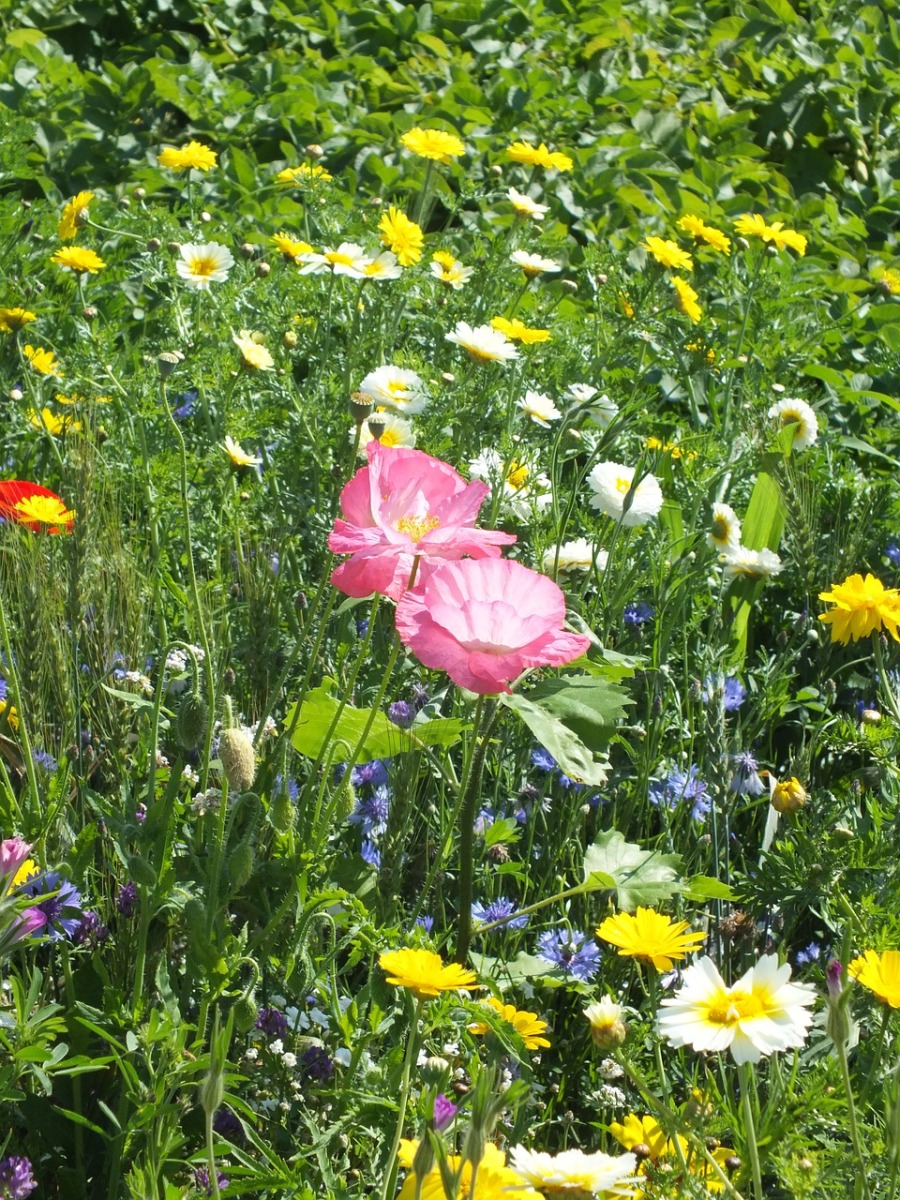Where's the money in biodiversity?
Interview with
If brownfield sites are such wonderful havens for wildlife but also huge commercial assets for development then how do we make the equation add up? Well one way is through something called ecosystem services, Mark Goddard gave Kat the lowdown...
assets for development then how do we make the equation add up? Well one way is through something called ecosystem services, Mark Goddard gave Kat the lowdown...
Mark - It's certainly one possible solution. So, ecosystem services is basically about the benefits that people obtain from nature. So, it's about putting a value on nature. Think about the provision of food or clean water for example as an obvious way. It fften involves monetising nature as well. So as an example, insect pollinators contribute in excess of 600 million pounds per year to the UK economy in terms of the crops they pollinate.
Kat - They're certainly busy little bees, are they?
Mark - Absolutely.
Kat - And so, how do we actually get this to work? Are there any examples where this has been shown to be effective that we've got a site like this and we said, "Actually, it's worth this and it can do this for us."
Mark - Yes. I'm actually working on a project right now which is called the Success Project. It's looking at the value of urban soils for capturing carbon which is another very important ecosystem service in terms of mitigating the negative effects of climate change. As an example, there's a large brownfield site in the city centre of Newcastle and it's been shown that the urban soils there actually capture around about 85 tons of atmospheric CO2 per hectare per year. So it's a huge amount of CO2 that's been sequestered by this land. The project I'm working on now is looking at, can we actually understand how land design to capture carbon can also provide other ecosystem services as well such as supporting biodiversity.
Kat - That's where the economics does start to add up because I think under some of the climate change regulations and things like that, countries can now be fined if they're not making efforts to reduce their carbon emissions, try and capture carbon. So, if you can put a value on this, this suddenly starts to look more promising, doesn't it?
Mark - Yeah, certainly. It is a possible solution. As a caveat, I must say that many ecologists are a little bit concerned about putting a monetary value on biodiversity for example. It sometimes could be off giving almost a license for its destruction or a price on its destruction. It doesn't always work but it certainly is something that appeals widely to policymakers.
Kat - And ultimately, is that the bottom line that you have to put a value on things to get them in the policy agenda?
Mark - Difficult question and again, many scientists are divided about this. But certainly, with the pollination example, if you can say that insect pollinators are worth this much to the economy, policymakers can pick up on it. they pick up on the figures so it's certainly one tool for putting a value on nature.
- Previous Brownfield sites: conservation havens
- Next Brain over brawn









Comments
Add a comment